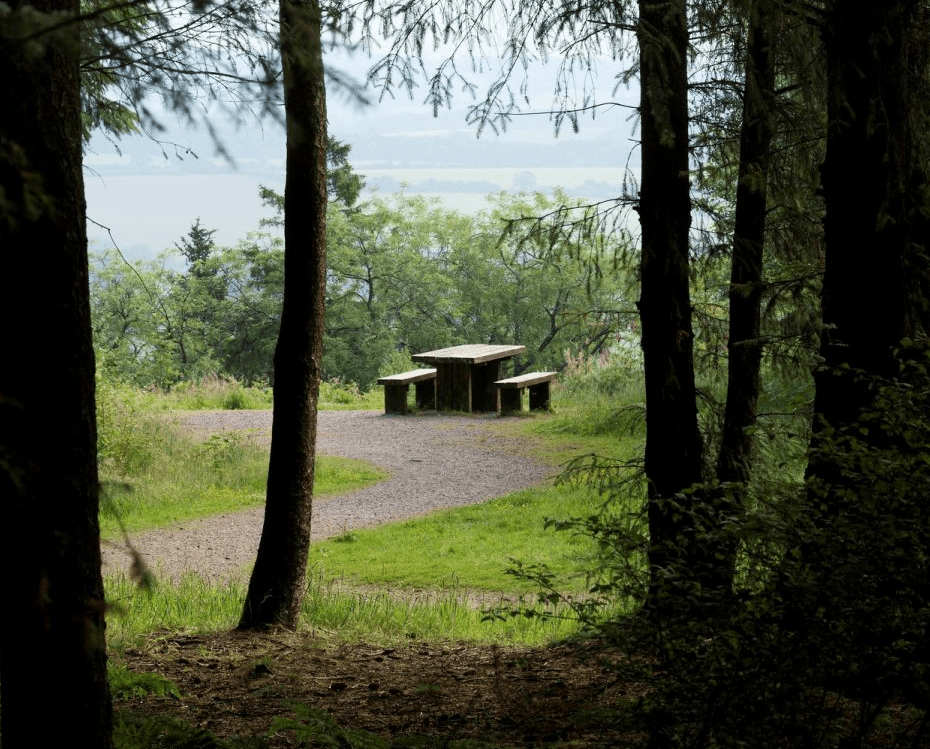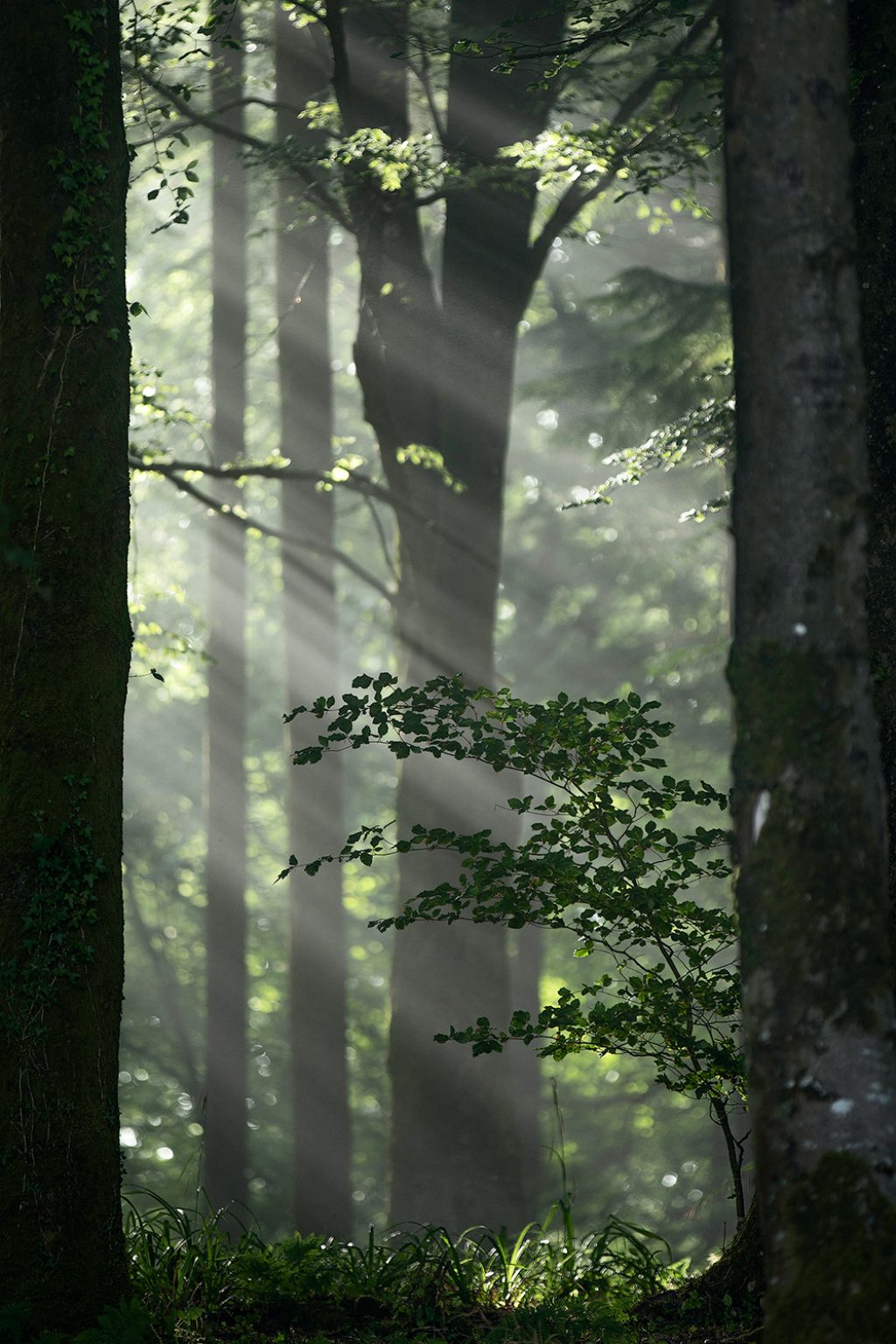Anyone who has recently attended an agricultural show, or purchased a stamp from the Royal Mail’s stunning new collection, cannot have missed that this year sees the Forestry Commission proudly celebrating its centenary. But how many know that our glorious county of Devon played a significant role in the fascinating history of the Commission?
As the conflict of the First World War drew to a close, the government realised that the country’s natural resources were key in our ability to defend ourselves, but that timber stocks had been seriously diminished during the 1914-1919 campaign. And so, out of this was born the Forestry Commission.
The early brief was much like the call of today for climate change mitigation – “Go out and plant trees!” By today’s terms, the Forestry Commission was given significant power, an equally large budget and was driven by a focused band of leaders to do just that.
In fact upon being formed, two new senior commissioners, Lord Clinton and Lord Fraser set forth from London – the former heading to Devon and the latter to Scotland. The ambition to provide the first tree planted by the Forestry Commission fuelled the competition! The actual timing or success has been told in various ways over the years – suffice to say it is believed that Lord Clinton won the race and Flashdown Woods in North Devon became the very first in a large number of Commission woodlands across the UK. Indeed a plaque still exists today, claiming the victory at Eggesford.
Over the last century, the Forestry Commission has grown to become the largest landowner in the UK with over 864,000 hectares (over 2 million acres). In management terms, that could suggest the Commission looks after over 600 million trees!
The Forestry Commission has since widened its remit to include world leading forestry research, regulation of legal compliance to the Forestry Act, the planting and management of trees by the private sector and the oversight of a huge demand for public access on most of its properties. Indeed, it is a walk in the woods that will bring most people into contact with the Forestry Commission. When in 2010 the government considered selling off their publicly owned forests, the immediate and very vocal public outcry quickly stopped the proposal in its tracks.
The very first objective of the Commission still remains an important role in today’s forestry industry. The commercial growing and harvesting of timber does not provide much towards the next armed conflict, but it does support rural employment, sawmilling businesses and biomass power generators across the nation. With almost five million tonnes of timber sold last year, this income of around £120 million helps to keep the other responsibilities of the Commission at a greatly reduced cost to the taxpayer. As impressive as this volume of timber is, this only represents around forty five per cent overall, with the private sector such as the National Trust, the Woodland Trust, private estates, woodland owners and farmers across the UK harvesting over 6.6 million tonnes.
This wide-ranging private sector activity in woodland management provides an ever-increasing role for the Forestry Commission in the regulation and grants sector. In order to ensure that any woodland harvesting is carried out in a sustainable manner, the Forestry Commission administers all felling licences, inspects all suspected cases of illegal felling and looks to enforce the Forestry Act – which although formed initially in 1919, was most recently reiterated in 1967.
The last century has witnessed an enormous change in our world, but woodlands have continued to grow, thrive and develop. But what lies ahead for the next one hundred years? We have modern pressures and challenges to face through climate change, pests and disease, together with a rural skills shortage. And as the Forestry Commission reaches its centenary, the organisation is dramatically changing through devolution and name changes. Despite there being no Forestry Commission representation in Wales – and in England it becoming known as ‘Forestry England’ – we are fortunate to have an abundance of trees and woodlands to enjoy in Devon, the birthplace of the Forestry Commission.




